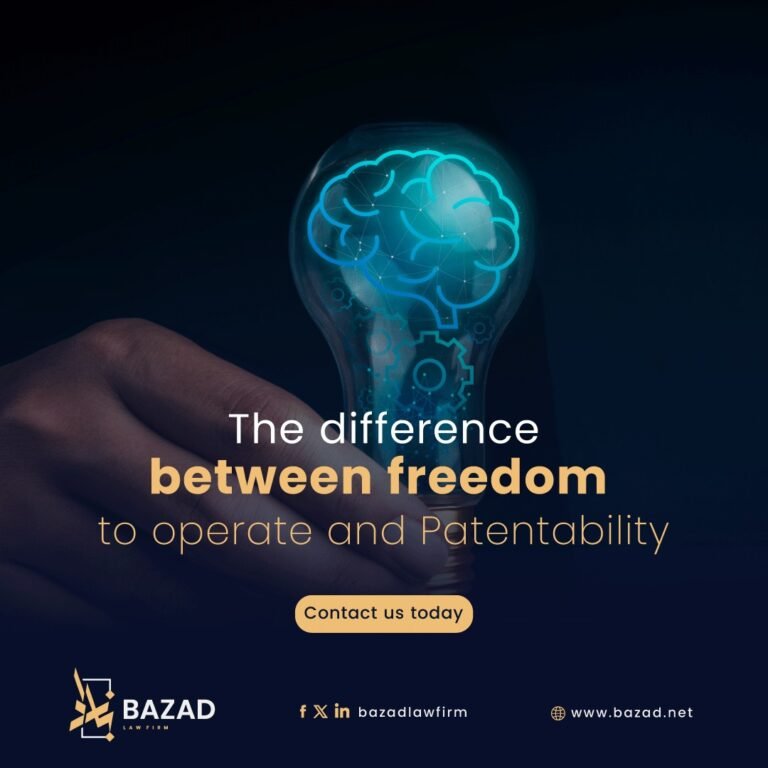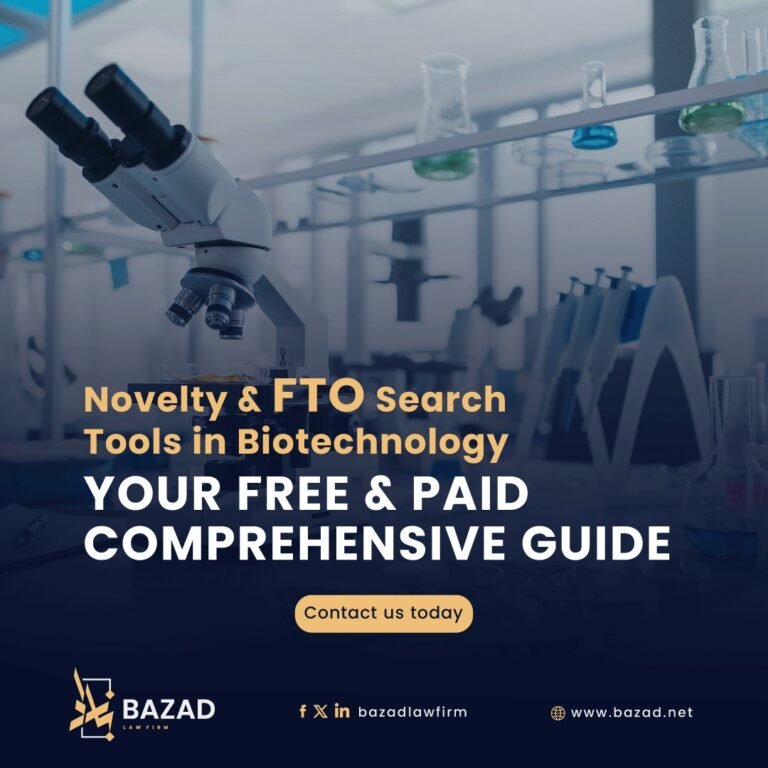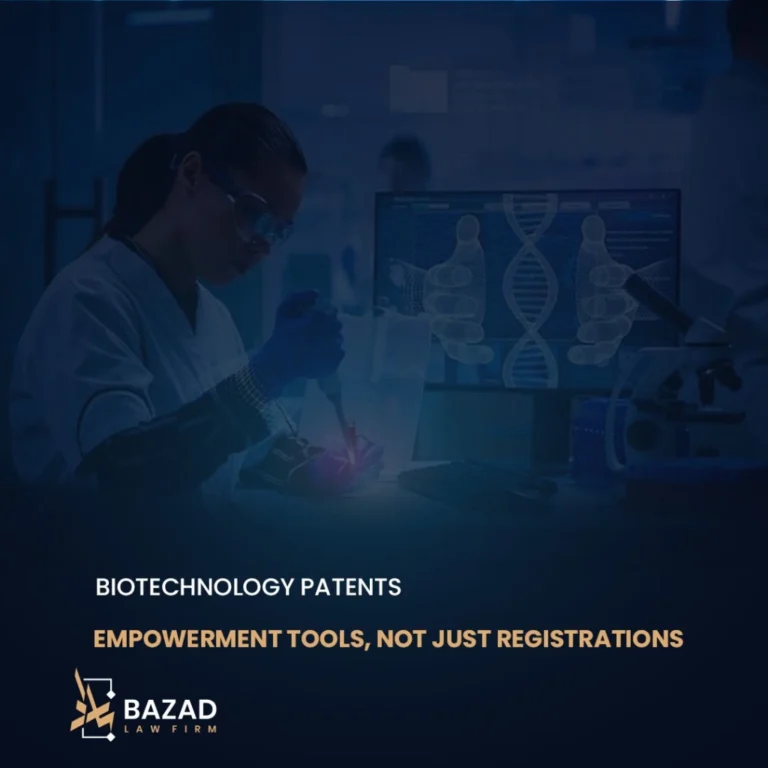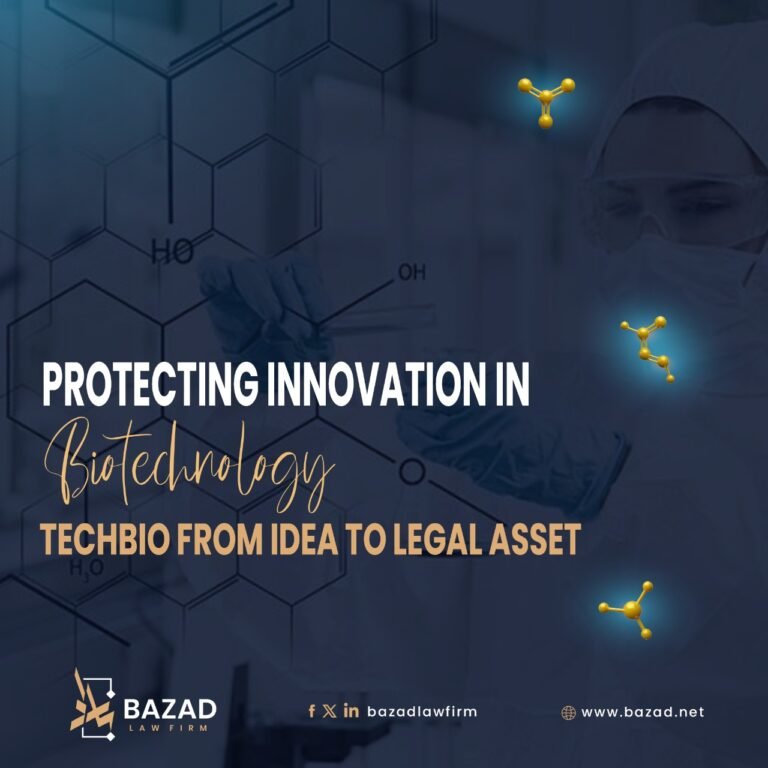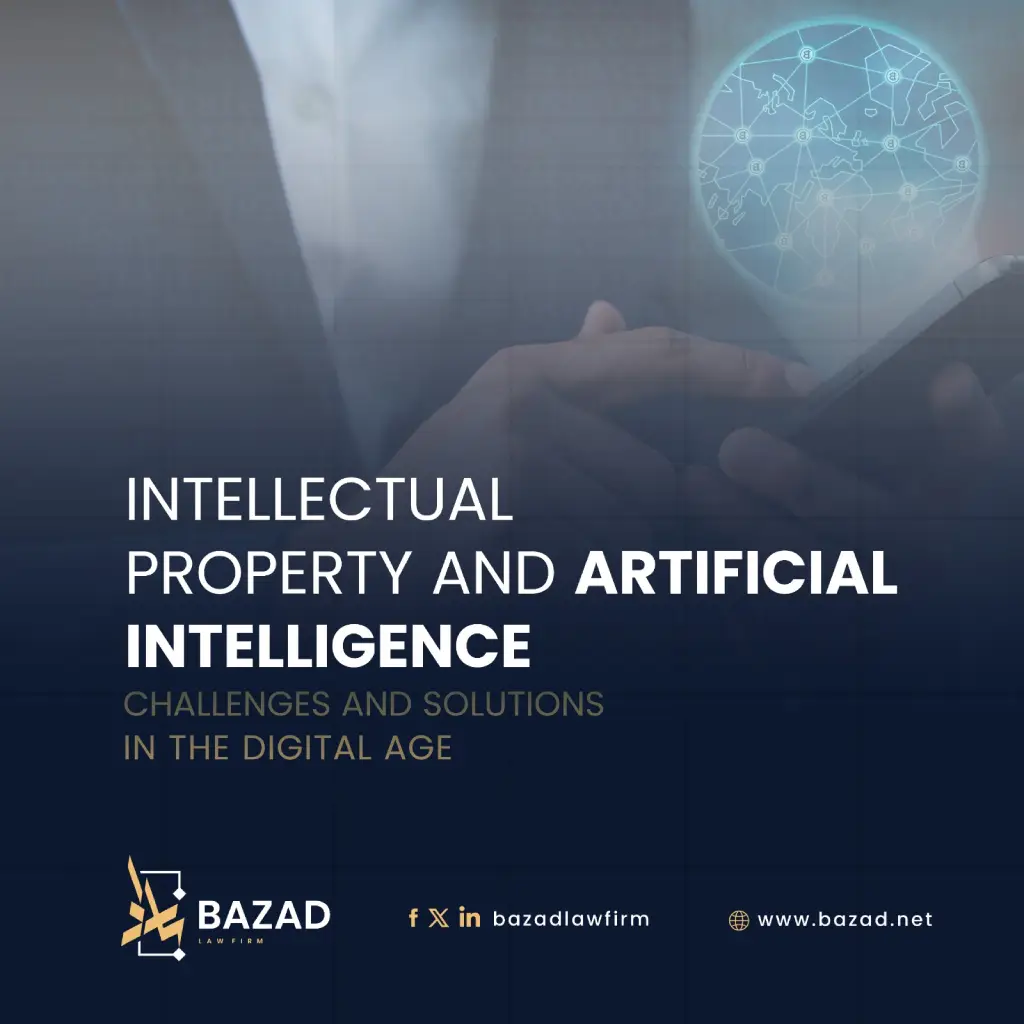
Intellectual Property and Artificial Intelligence: Challenges and Solutions in the Digital Age
Introduction
The world is undergoing a radical transformation with the development of artificial intelligence (AI) technologies, which have significantly impacted various sectors, including law and intellectual property (IP). This rapid evolution raises important questions about how to protect creations and innovations in an era where machines can generate content and new ideas. In this context, the role of specialized legal expertise emerges in securing the necessary protection for innovators and companies.
Emerging Legal Challenges
- Copyrights for Works Produced by Artificial Intelligence
- The Issue of Autonomous Authorship: In cases where AI produces creative works without direct human intervention, the question arises as to who owns the copyright. For example, GPT-3, developed by OpenAI, is capable of generating texts that resemble human writing. If these texts are published, who holds the copyright?
- Legal Aspect: Traditional copyright laws presume the existence of a human author. According to the World Intellectual Property Organization (WIPO), there is ongoing international debate about the possibility of granting copyrights to works produced by AI.
- Patents and Innovations Generated by Artificial Intelligence
- The DABUS Case: In 2019, patent applications were filed in the United States, the United Kingdom, and Europe for innovations created by an AI system called DABUS, with the AI named as the inventor. Patent offices rejected these applications due to the absence of a human inventor.
- Legal Controversy: This raises questions about whether innovations produced by AI deserve patent protection and to whom the invention should be attributed.
- Use of Artificial Intelligence in Violating Intellectual Property Rights
- Generation of Imitative Works: AI can analyze patterns in music or art and create similar works, which may lead to infringement of the original authors’ rights.
- Legal Responsibility: Determining legal liability when AI infringes on IP rights presents a significant challenge.
Real-Life Examples from the Scientific World
- AI-Generated Art
In 2018, a painting created by an AI algorithm called “Portrait of Edmond de Belamy” was sold for $432,500 at Christie’s auction house. This event sparked debate about IP rights in artworks produced by machines.
- Automatically Generated Music
Amper Music has developed a platform that allows users to create music tracks using AI. This raises questions about who owns the copyrights of these tracks: the user, the company, or the algorithm itself?
International Positions and Comparative Legislation
- European Union
In 2020, the European Commission issued a report titled “A European Strategy for Data and Artificial Intelligence”, addressing the need for a new legal framework to deal with AI and IP challenges.
- China
In a landmark ruling in 2019, the Shenzhen Internet Court recognized the copyright of a journalistic work created by an AI system, indicating a trend toward protecting machine-generated works.
Proposed Solutions and Future Directions
- Updating the Legal Framework
- We collaborate with legislative bodies to propose updates to IP laws to include works and innovations generated by AI.
- Redefining Legal Concepts
- We strive to participate in legal discussions to reconsider definitions of “author” and “inventor,” reflecting current technological developments.
- International Cooperation
- We believe in the importance of international cooperation in this field and work with global law firms and tech companies to exchange expertise and best practices.
Bazad Law Firm’s Role in Providing Solutions
Amid these increasing challenges, bazad law firm emerges as a leader in the field of intellectual property and artificial intelligence. With our deeply experienced team of specialized legal consultants, we offer our clients the following services to ensure the protection of their rights and secure their interests:
- Specialized Legal Consultations
- We assist our clients in understanding the legal complexities associated with AI and IP, providing tailored consultations that align with their specific needs.
- Registration and Protection of Rights
- We work on registering patents and copyrights for works and innovations related to AI, taking into account the latest legal developments in this field.
- Dispute Management and Resolution
- We provide full legal support in cases of disputes related to IP infringement, including legal representation before courts and competent authorities.
- Awareness and Training
- We organize workshops and training programs for our clients to enhance their awareness of the legal challenges and opportunities associated with AI.
Conclusion
Artificial intelligence presents a new and exciting challenge to the traditional IP system, but it also opens doors to unprecedented opportunities in innovation and creativity. Through specialized legal consultation and effective legal protection, innovators and companies can maximize the benefits of these technologies while ensuring their rights are protected. Our law firm is committed to providing full support to our clients in this field, focusing on delivering innovative and customized solutions that meet their needs.
References
- World Intellectual Property Organization (WIPO)
- “Artificial Intelligence and Intellectual Property.” Available at: www.wipo.int
- European Commission
- “A European Strategy for Data and Artificial Intelligence” (2020). Available at: ec.europa.eu
- DABUS Case
- Information about the decision available at: www.epo.org
- Christie’s Auction House
- “Portrait of Edmond de Belamy” (2018). Auction details available at: www.christies.com
- Amper Music
- Official website: www.ampermusic.com
- Shenzhen Internet Court
- Report on the ruling available at: www.chinacourt.org
. With our deep expertise in this field, we are ready to assist our clients in navigating the complex legal landscape of intellectual property in the age of artificial intelligence, securing the full legal protection they deserve.


